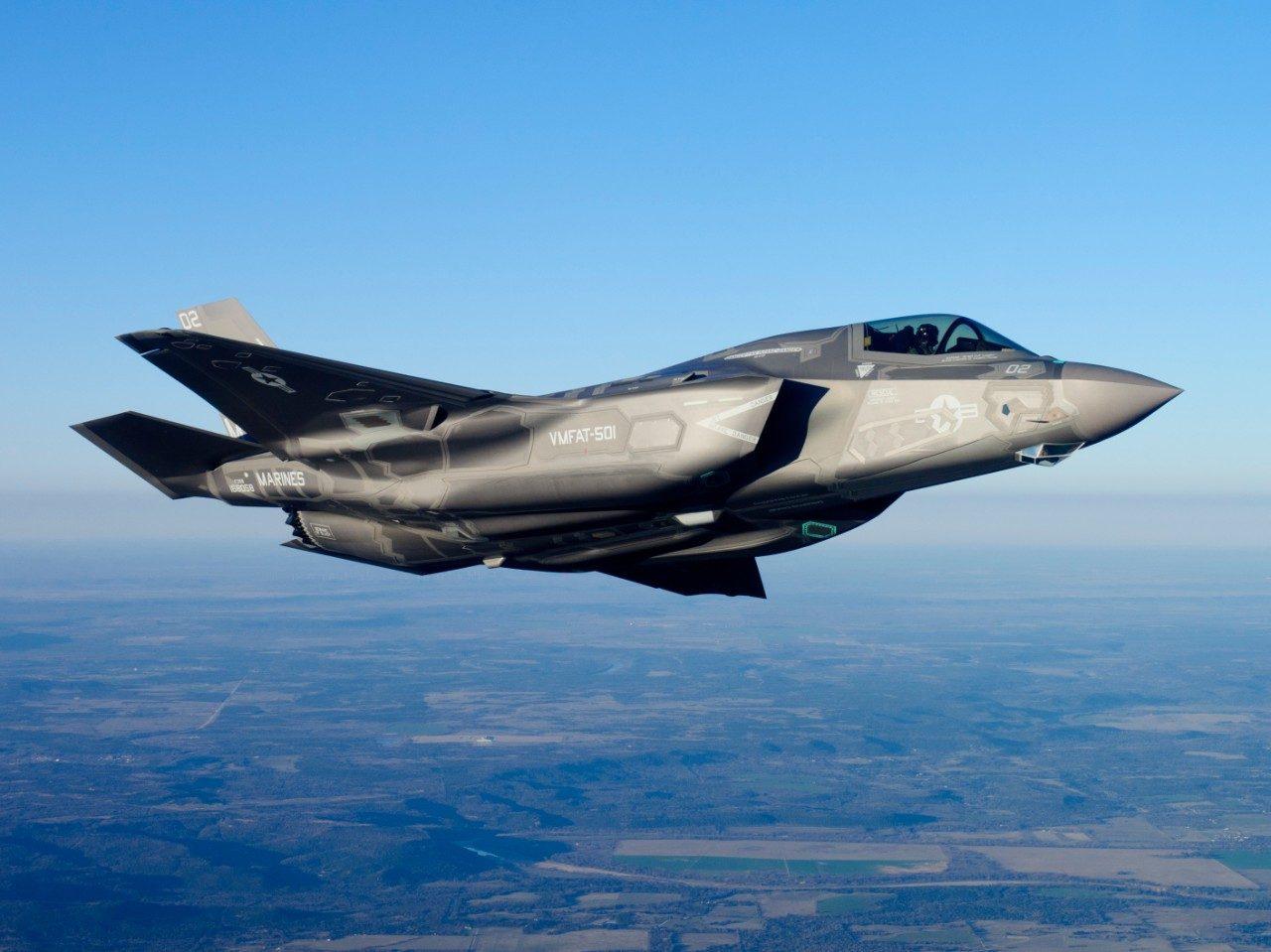
Credit: Lockheed Martin
Lockheed Martin Aeronautics has agreed to pay the Pentagon $34.3 million in recompense for F-35 spare parts that were not ready for installation when they were first delivered, resulting in additional costs for the stealthy fighter program. The U.S. Defense Contract Management Agency (DCMA) put...
Subscription Required
This content requires a subscription to one of the Aviation Week Intelligence Network (AWIN) bundles.
Schedule a demo today to find out how you can access this content and similar content related to your area of the global aviation industry.
Already an AWIN subscriber? Login
Did you know? Aviation Week has won top honors multiple times in the Jesse H. Neal National Business Journalism Awards, the business-to-business media equivalent of the Pulitzer Prizes.





